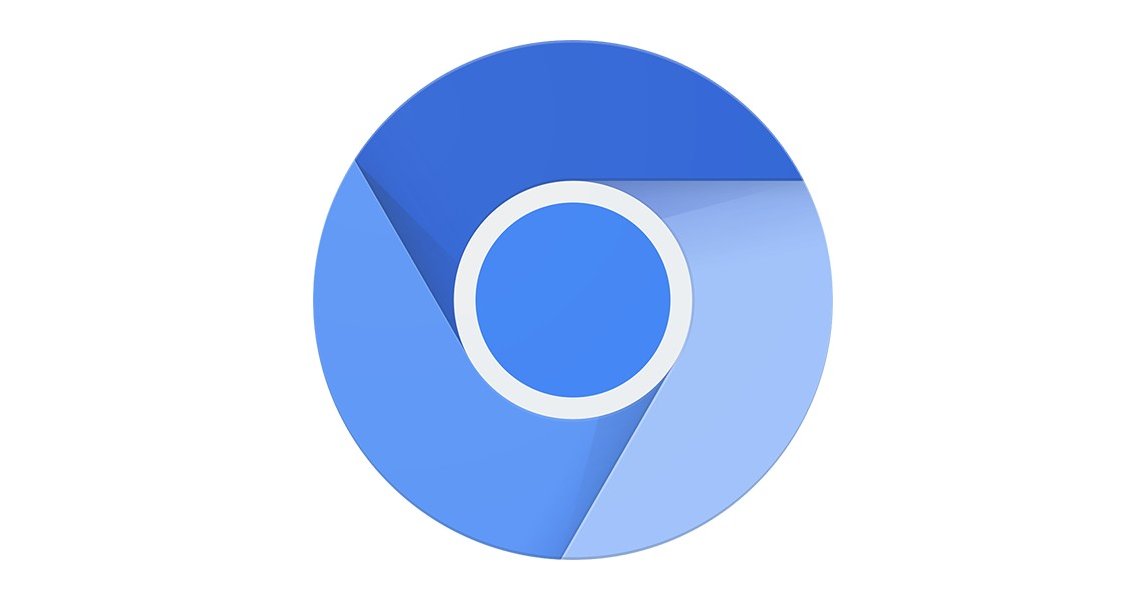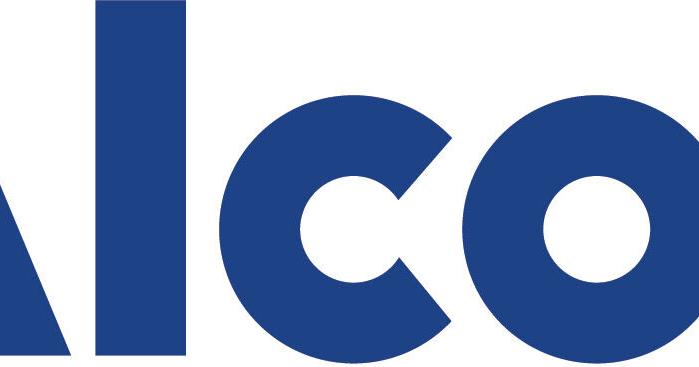Google's Cookie Reversal: How It Affects Your Online Privacy and What You Should Know
Google has changed its mind about simplifying cookie management in Chrome. This article breaks down what this change means for your online privacy and how you can take control of your data. Learn about managing third-party cookies and making informed choices with those annoying website pop-ups.

Google Backtracks on Cookie Simplification: The User Impact
Originally, Google planned to introduce a dedicated Chrome feature that would simplify the management of third-party cookies. This would fall in line with Apple’s commitment to stronger web privacy. However, Google has announced that users will continue to encounter individual website pop-ups. These pop-ups require you to manually accept or reject all or some of the cookies a site wants to place on your computer.
- What this means for you: More clicks and continued tracking of your online activity.
- The Big Picture: Websites can still monitor the sites you visit, the links you click, and the searches you perform, then share that data with third parties.
Why the Sudden Change of Course on Cookie Management?
Google's reversal comes amid legal battles, including a ruling that found the company holding illegal monopolies in online advertising. Some Members of Congress are pushing for Alphabet (Google’s parent company) to split Chrome from its other businesses. Advertising revenue likely plays a significant role in this decision, as targeted ads based on user data are more profitable and account for an enormous 77% of Alphabet’s revenue.

"Accept All Cookies" or Not? Navigating the Pop-Up Minefield
It's tempting to just click "Accept All Cookies" to quickly get to the content you want. But by making that choice, you’re potentially giving up more data than necessary. Is it really worth the convenience for more intrusive online activity tracking?
- The Easy Way: "Accept All Cookies" gets you through the pop-up quickly.
- The Privacy-Conscious Way: Accepting only essential cookies (those required for the site to function) doesn't limit your website access and protects your privacy.

The Truth About Cookies and Website Functionality
Many users believe that accepting all cookies is necessary for a website to function correctly. That’s simply not true. Rejecting marketing or tracking cookies will not prevent you from accessing content or using website features.
- Essential Cookies: These are necessary for the website to function correctly (e.g., remembering items in your shopping cart).
- Marketing Cookies: These track your behavior for advertising purposes.

Browser Choice for Privacy: Beyond Chrome
(Note: While the original article mentions an upcoming piece on browser privacy, we can touch on it here). Consider exploring alternative browsers that prioritize user privacy if you're concerned about Google's data collection practices. Several browsers offer built-in privacy features like ad blocking, tracker prevention, and VPN integration to enhance your online safety. Brave and Firefox are two commonly recommended alternatives.









